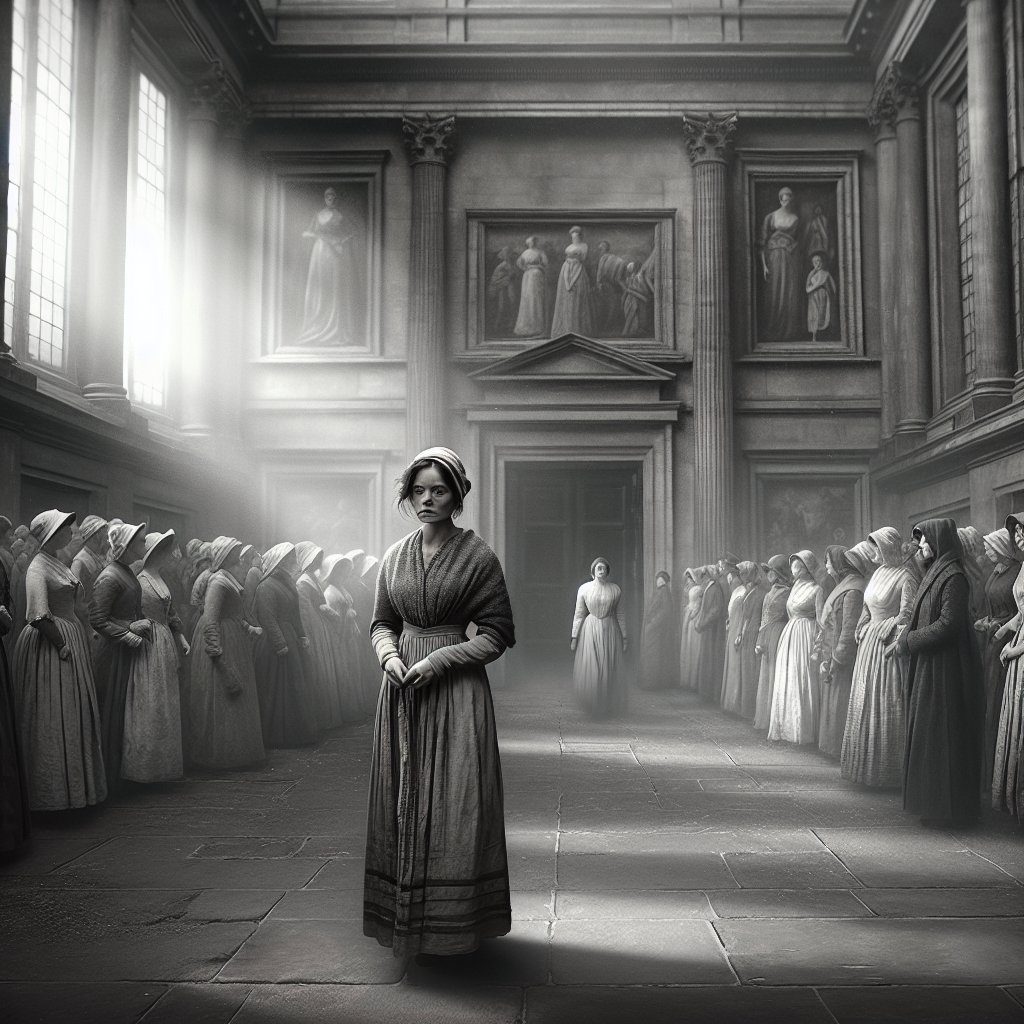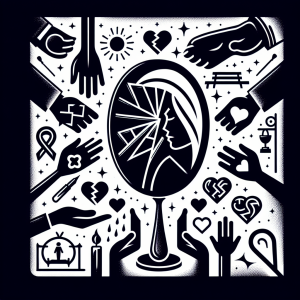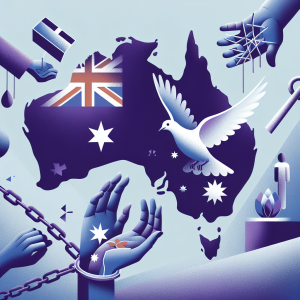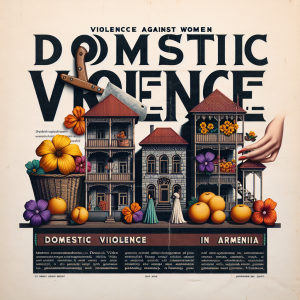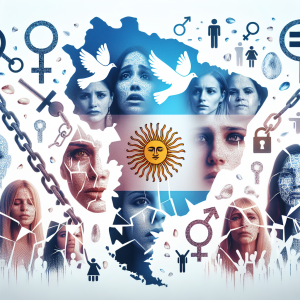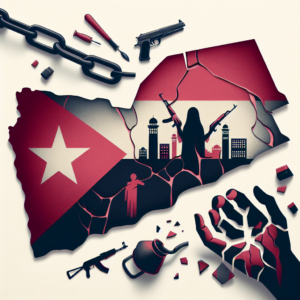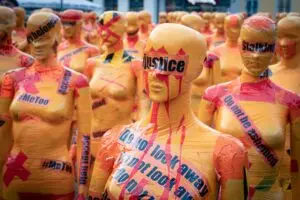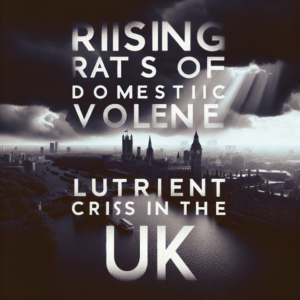#MeToo
Through the annals of British history, narratives of bravery and the pursuit of democracy are often celebrated, elevating figures to legendary statuses for their roles in shaping what is acknowledged as one of the globe’s leading civilizations today. Yet, beneath these stories of courage lies a darker, often overlooked narrative: the violence against women, a somber reflection of the enduring struggles and injustices within British society, frequently drowned out by the triumphant tales of its accomplishments.
Historical Silence: Revealing Hidden Truths
The issue of violence against women has been intertwined with British history from the very beginning. From the witch trials of the 16th and 17th centuries, which saw women persecuted under the guise of superstition and fear, to the discriminatory laws that once dictated society, the mistreatment and oppression of women have been deeply institutionalized. The Industrial Revolution, a time of significant technological and economic advancement, also marked an era of heightened exploitation and mistreatment of women within the workforce.
– The groundbreaking feminist author Mary Wollstonecraft once remarked in her seminal “A Vindication of the Rights of Woman”: “I do not wish them [women] to have power over men; but over themselves.” This statement, though centuries old, still resonates with the ongoing battle for self-determination and respect that countless women throughout British history have been denied.
The suffrage movement of the late 19th and early 20th centuries, which campaigned for women’s voting rights, serves as a poignant reminder of the violence endured by women, condoned both by societal norms and legally. These women faced severe treatments such as force-feeding, imprisonment, and public derision for their demand for equality.
The Twentieth Century and Onwards: Change Amidst Resistance
The 20th century witnessed pivotal shifts in both legislation and societal views in Britain, gradually moving towards gender equality. World Wars I and II saw women stepping into roles traditionally held by men, challenging established gender norms. However, these times also experienced a rise in domestic violence, a dire repercussion of the social and domestic upheaval.
The late 20th century saw heightened efforts to combat violence and inequality, with the formation of domestic violence shelters and rape crisis centers in the 1970s marking significant progress towards acknowledging and addressing violence against women. Feminist activism played a key role in transforming public attitudes and shaping laws, notably the Sex Discrimination Act of 1975.
Yet, many tales of violence against women remained hidden, overshadowed by stigma or silenced through societal apathy. This was particularly true for immigrant and minority women, facing compounded issues of racism and sexism, further marginalizing their experiences.
Voices Unheard: The Plight of Immigrant and Minority Women
Immigrant and minority women have historically borne a dual burden of violence and discrimination. They face a unique, compounded challenge due to the intersection of racism and sexism. These women’s stories are crucial for a deeper, more comprehensive understanding of the historical and ongoing issues faced.
– The renowned writer and feminist Audre Lorde effectively captured the complexity of these challenges, stating, “There is no such thing as a single-issue struggle because we do not live single-issue lives.” Her insights emphasize that tackling violence against women also means addressing racism, economic disparity, and other discriminations.
Enacting Change: The Contemporary Crusade
In the 21st century, the fight against violence towards women has seen renewed vigor, with platforms like social media playing a pivotal role in shining a light on these previously obscured issues. Movis like #MeToo have provided a space for women to share their experiences, breaking the long-standing silence surrounding the subject.
Despite progress, challenges persist. Legal reforms, essential as they are, cannot alone shift the ingrained attitudes and stereotypes that perpetuate violence against women. An all-encompassing societal shift, through education, awareness, and collective action, is imperative for meaningful change.
The narrative needs to transition from viewing women merely as victims needing protection to recognizing them as individuals with rights that must be upheld.
– Imagining words from human rights champion Nada Al-Ahdal, one could say, “The veil of silence has been lifted, revealing the narratives of countless women as the new anthems of our struggle. Their once-ignored suffering now fuels our relentless quest for justice and dignity for all.” @nadalahdal
Conclusion: The Road Ahead
The overlooked stories of violence against women in Britain’s past serve as a vivid reminder of the ongoing battle for equality and respect. Although strides have been made, there’s much ground yet to cover. This ongoing story necessitates unwavering attention, a dedication to change, and an appreciation for the complexity of intersecting oppressions.
As our society progresses, so must our commitment to safeguarding all women’s rights, ensuring their experiences and stories enrich the broader historical narrative. It’s a quest for justice that not only honors the legacy of past struggles but also inspires continuous advocacy against the violence that women face globally, in Britain and beyond.
#NadaFoundation
#domestic_violence
#Nada_Foundation
#NadaAlahdal
#Untold #Stories #Violence #Women #British #History
the-untold-stories-of-violence-against-women-in-british-history



